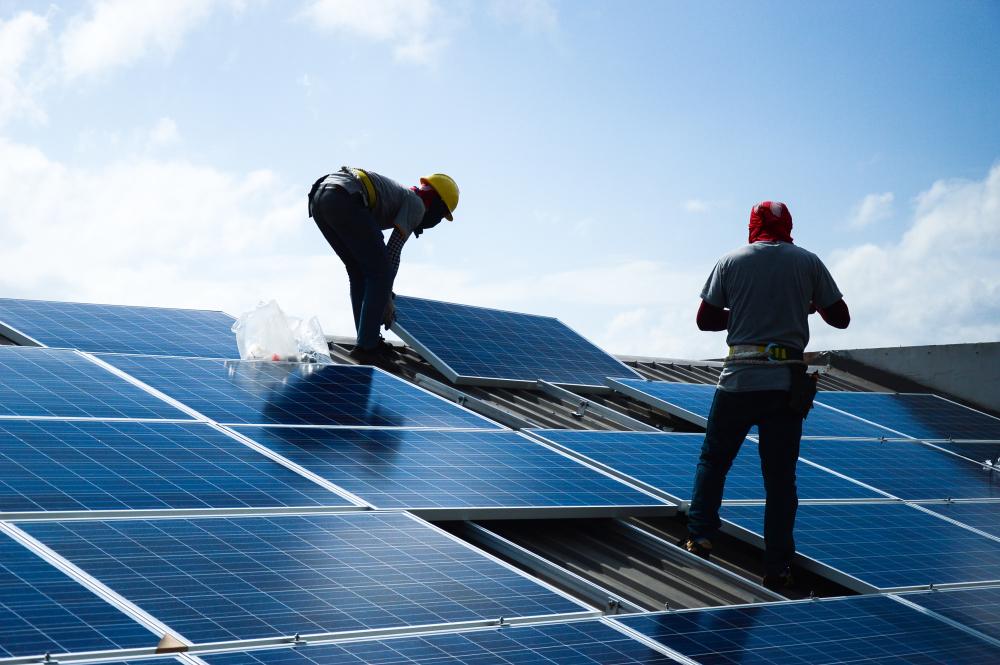Serving up the latest hot slice of catchy soundbite, the Labour Party has taken ownership of the ‘Build Back Better‘ campaign, and called for the government to ‘Build it in Britain’, with a Biden-esque recovery driven by the green economy.
The call from the UK’s largest opposition party comes ahead of next month’s Comprehensive Spending Review, and challenges the government to boost jobs in UK manufacturing and spend big on low-carbon infrastructure, as part of the push towards a cleaner economy.
This latest round of pressure follows almost 2,000 consultation responses from businesses, trade unions and other stakeholders, which informed the party what a credible green recovery ought to look like.
As part of the ‘Build it in Britain campaign’, the party called for the government’s £30 billion capital investment to be pulled forwards, and used to retrain workers affected by the COVID crisis, and equip them with the skills needed to be employed in the green economy.
Further, Labour also challenged the government to follow the lead of other countries, and create a National Investment Bank that focuses on driving green investment. Speaking on the pressure being put on the government for a ‘Build it in Britain’ eco-friendly recovery, Shadow Secretary of State for Business, Energy and Industrial Strategy, Ed Miliband, said:
“This is the right thing to do for so many people who are facing unemployment, the right thing to do for our economy to get a lead in the industries of the future and the right thing to do to build a better quality of life for people in our country.”
As part of the infrastructural changes being called for, Labour wants the government to accelerate the planned investment on electric vehicle charging infrastructure, and expand its energy efficiency and retrofit programmes, including in social housing.
Commenting on the green economy push, and the need for retrofitting to applied more broadly, Ringley Managing Director, Mary-Anne Bowring, suggested:
“[The] focus needs to be much wider than simply social housing. The UK has some of the oldest housing stock in Europe, and this is an even greater issue in the private rented sector.”
“While part of the answer is encouraging the supply of quality new-build homes that are more energy efficient, retrofitting existing homes must also be part of the solution.”
“Beyond providing subsidies for homeowners and landlords to upgrade their properties, another policy lever the government could pull is to cut or abolish VAT on retrofit projects, which currently stands at 20 percent.”
Andrew Shepherd, managing director at TopHat, adds that we need to not just improve what also exists,but lay the right groundwork for future infrastructure and construction work:
“We would also urge politicians not to lose sight of the need to ensure that the homes we build today will stand the test of time, and to focus investment on scaling up the skills and supply chains needed to harness innovations in modern methods of construction, which are already delivering some of the most energy efficient homes ever seen.”
“Modular housing, which can be delivered more quickly and with greater energy efficiency than traditional homes, will be an essential part of the solution. Investment in skilled manufacturing jobs to deliver low-carbon homes will allow a rebasing of the UK economy away from the pressured south east, delivering an economic benefit to the rest of the UK.”




